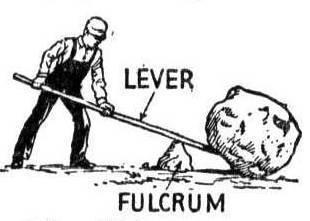GenesisNemesis
I am a proud hedonist.
- Joined
- Jul 24, 2006
- Messages
- 6,142
- Basic Beliefs
- In addition to hedonism, I am also an extremist- extremely against bullshit.
Cool, so I'm going to take that as further confirmation you don't understand logic, because first you have to fucking know how to determine an asteroid was purposefully designed to answer that question.
Sure. It was the asteroid that created it.
So the question is, was the asteroid created deliberately or unintentionally.
And you answer is … God created the asteroid?
No. My question is... "was the asteroid created deliberately or unintentionally."


